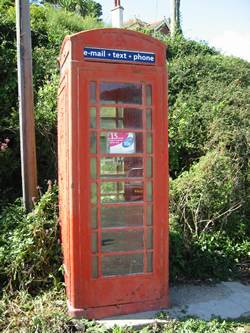An
interesting article at Wired News about the, er, 'improvements' crackers
make to MS Windows installation CDs. What is so surprising is that the
company has taken this long to freeze those using cracked versions of
Windows out of "Windows Update".
It is often said that software companies deliberately encourage
unauthorized copying of their products in the early stages of
development because it quickly creates a market through 'network
effects'. The more people that use a product, the more value it has to
that network of users, and, of course, to the company. This is how
'standards' emerge. Once such standards are embedded, they are difficult
to dislodge. Not everyone wants to use cracked software, so a company's
sales will gradually increase. Putting up with a minority of people
unwilling to pay for their software is a small price to pay for creating
lock-in effects in the overall picture.
Much the same argument can be made about file sharing: those who
download music illegally tend to buy more CDs because they are exposed
to a greater diversity of artists and styles. File sharers share
information across a network. This information is socially valuable for
the listeners, because it gives them knowledge of new artists. It is
simultaneously commercially valuable for the record companies, because
it is free marketing based on networks. You download an mp3, you like
it, you tell your friends, your friends get to like it, buy the album,
the t-shirt, the poster, and the tour tickets. All of a sudden you find
yourself buying the artist's second album and so it goes on... In a
sphere driven by short-term fashion and peer pressure, the socially
useful information gleaned from a peer-to-peer network creates network
effects that benefit you, your friends, the record company and the
artist.
